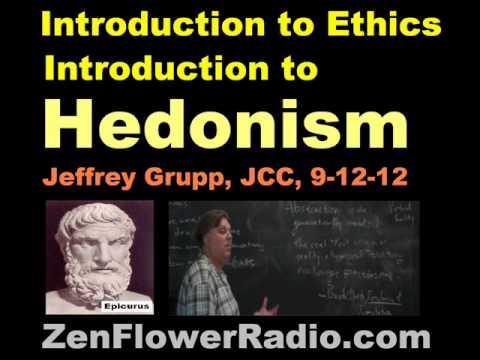
How would we go about distinguishing between higher and lower pleasures in specific cases?Īs Zane pointed out, Mill has one answer to both questions: the comptent observer test. What is Mill’s reason for saying that these pleasures are better? The pleasures they experience by using these faculties include “the pleasures of the intellect, of the feelings and imagination, and of the moral sentiments.” These pleasures, according to Mill, “have a much higher value as pleasures than those of mere sensation” (Mill 2000, 2.4). Mill says that human beings have different faculties than other animals. Why think there is a qualitative difference? We wanted to know how this works and whether Mill still qualifies as a hedonist. In fact, a smaller quantity of a higher quality pleasure will be more valuable than a larger quantity of a lower quality pleasure.

If one is higher quality than the other, it will be better, even though the quantities of pleasure are the same. Take two pleasures of similar quantities, that is, of the same intensity and duration. According to Mill, some pleasures are more valuable than others because they are higher quality pleasures.

In case you had any doubts, he adds that the “theory of life on which this theory of morality is grounded” is “that pleasure, and freedom from pain, are the only things desirable as ends and that all desirable things (which are as numerous in the utilitarian as in any other scheme) are desirable either for the pleasure inherent in themselves, or as means to the promotion of pleasure and the prevention of pain” (Mill 2000, 2.2).įor Bentham, the value of pleasure and pain can be given by two quantitative measurements: intensity (how strong is the feeling?) and duration (how long does it last?) (see Bentham 1993, ch. 4).įor Mill, there is a qualitative dimension to pleasure that Bentham did not recognize. By happiness is intended pleasure, and the absence of pain by unhappiness, pain, and the privation of pleasure.

The creed which accepts as the foundation of morals, Utility, or the Greatest Happiness Principle, holds that actions are right in proportion as they tend to promote happiness, wrong as they tend to produce the reverse of happiness. Mill claims to have a hedonistic theory of good and bad. Mill’s Hedonism Ethical Theory Spring 2019 Mill’s Hedonism Overview


 0 kommentar(er)
0 kommentar(er)
